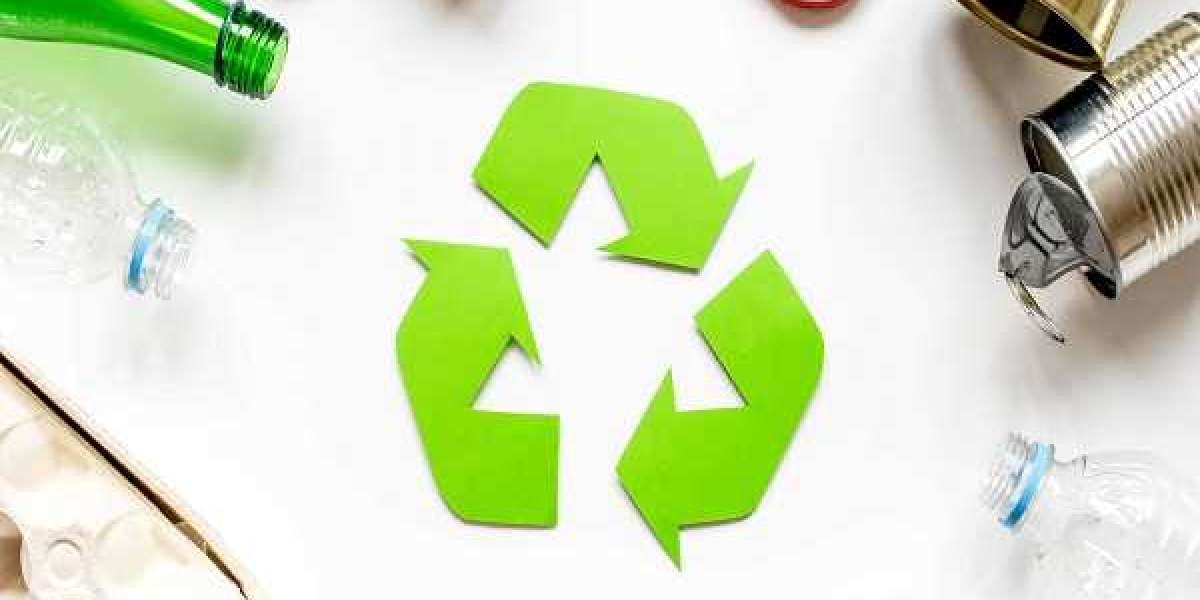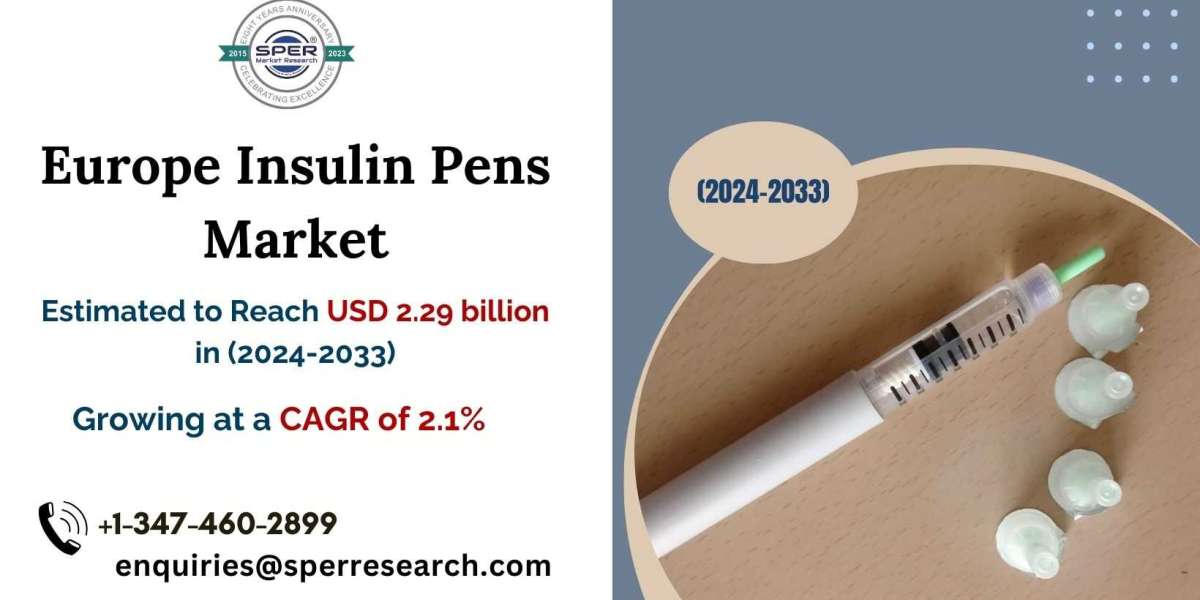Recycled Waste Carbon Market size was valued at USD 176.31 million in 2022, which is expected to grow to USD 442.79 million in 2030 with a CAGR of 12.23% during the forecast period between 2023 and 2030. The increasing utilization of waste carbon in fuel production and the advancing chemical industry are the primary factors driving the growth of the recycled waste carbon market. The recycled waste carbon is processed from municipal solid waste, plastics, industrial waste gases, and others, which are treated as resources, to recycle and reuse. The various processes utilized in recycled waste carbon processing include pyrolysis, advanced thermochemical processes, and others. The vital applications of recycled waste carbon include fuel, thermal energy, and others.
The increasing demand for carbon in methanol production, the rising deployment of recycled material in biofuel production, and others are several key trends accelerating the demand for recycled waste carbon in fuel production. Furthermore, the prominent determinants, including the development of new chemical manufacturing facilities, significant export demand, and others are spurring the demand for recycled waste carbon to ensure environmental sustainability. However, the availability of economical substitutes for recycled waste carbon is posing a bottleneck for market growth in the upcoming years.
Increasing Adoption of Recycled Waste Carbon in Fuel Manufacturing
The recycled waste carbon sourced from municipal solid waste, biosolids, and others is utilized as an efficient catalyst to convert carbon in fuel production. Recycled waste carbon is employed in fuel productions such as methanol, biodiesel, and others. The increasing research and development activities for the utilization of recycled carbon in fuel plants, rising sustainable measures, and others are boosting the development of new recycled carbon to fuel manufacturing plants. Recycled waste carbon is vital in the fuel manufacturing process to minimize emissions, as the recycled CO2 to fuel projects, brings additional benefits through shared infrastructure and efficient energy utilization, thereby supporting industrial innovation and sustainable economic development.
For instance, in October 2022, a recycled CO2-to-methanol plant started its commercial operation in Anyang, China. The new facility can capture 160,000 tons of carbon from waste streams. The CO2-to-methanol plant in China has a production capacity of 110,000 tons of methanol per year. Hence, the recently developed CO2-to-methanol plant is fostering the demand for recycled waste carbon to ensure superior sustainability, thereby propelling market growth.
Click here: https://www.marketsandata.com/industry-reports/recycled-waste-carbon-market
Europe: The largest Recycled Waste Carbon Market
In Europe, the recycled waste carbon market is booming and constantly registering impressive growth rates in the past years and the year-on-year growth rate from 2021 to 2022 is the highest among all the regions globally. Various macro factors drive the market in the European region such as increasing government investment in the manufacturing of biofuel, the prominent share of the chemical industry in the overall economic growth of Europe, and others, which are driving the growth of the market in the region. In Europe, joint partnerships between recycled waste carbon and methanol makers are encouraging the use of recycled waste carbon, moving the market forward. The high rate of garbage generation through municipal solid waste is causing this segment to dominate in Europe. For example, according to the most recent OECD statistics, municipal solid waste generation in Hungary in 2021 will be 38,013.0, representing a 4.5% increase over the previous year.
The fight against climate change is one of the major factors that puts Europe at the forefront of the recycled waste carbon market. Advanced thermochemical processes, the most used recycling process in Europe, heavily contribute to climate change mitigation by reducing greenhouse gas emissions and promoting sustainable waste management practices. The European Environment Agency (EEA) has assessed the likelihood of Italy achieving the target, of recycling about 55% of municipal solid waste (MSW) by the end of 2025, and the overall recycling of waste generated from packaging waste and specific packaging materials targets by 2025.
Advanced Thermochemical Recycling Process Dominating the Market
From many options through which waste carbon can be recycled, the advanced thermochemical recycling process is the most preferred recycling method for waste carbon because the process ensures highly advanced innovative and promising processes for transforming waste into valuable materials and chemicals. Because of the benefits of advanced thermochemical recycling, the utilization of advanced thermochemical processes is increasing for the manufacturing of recycled waste carbon. Globally, the advanced thermochemical process comprehensively led the market with a revenue value of more than USD 80 million in 2022 which accounts for about 50% of all the recycling processes utilized in the market. Furthermore, the advanced thermochemical process will register a significant double-digit CAGR during the forecast period of 2023–2030F. As of 2022, Asia-Pacific and Europe, both combined hold more than 60% of the share in the utilization of advanced thermochemical recycling processes for waste carbon recycling, while the Asia-Pacific region shows the highest compounded annual growth rate of 14.44%.
The Booming Chemicals Industry
Recycled waste carbon has various beneficial properties, such as reduced carbon dioxide (CO2) emissions, lower energy use, minimized water deployment, and others. As a result, recycled waste carbon is utilized as a raw material in the manufacturing of chemicals. The increasing procurement of sustainable materials, investment in chemical facility expansion, and others are leading to the rising production of chemicals.
For instance, according to the India Brand Equity Foundation (IBEF), in 2021, the chemical industry in India was valued at USD 212.8 billion, and in 2022, it was USD 232.6 billion, a year-on-year growth rate of 9.3%. Therefore, the growth of the chemical sector is fueling the demand for sustainable and recycled carbon procured from sources such as biocides, industrial waste gases, and others. This, in turn, is driving the recycled waste carbon market growth.
As the world grapples with the pressing need to address climate change and environmental sustainability, the recycling and utilization of waste carbon has emerged as a critical component in the global effort to reduce greenhouse gas emissions. The global recycled waste carbon market is gaining significant traction, driven by technological advancements, regulatory support, and increasing awareness of environmental issues. This blog post explores the current state of the global recycled waste carbon market, highlighting key trends, challenges, and future prospects.
Key Trends in the Global Recycled Waste Carbon Market
- Technological Innovations: Innovations in carbon capture, utilization, and storage (CCUS) technologies are transforming the waste carbon market. Advanced methods such as direct air capture (DAC) and bioenergy with carbon capture and storage (BECCS) are making it more feasible to capture carbon dioxide (CO2) from various sources and convert it into valuable products.
- Increasing Regulatory Support: Governments worldwide are implementing stringent regulations and policies to curb carbon emissions. Incentives such as carbon credits, subsidies, and tax breaks for companies that invest in carbon recycling technologies are fostering growth in this market.
- Corporate Sustainability Initiatives: Many corporations are setting ambitious sustainability targets, including carbon neutrality and net-zero emissions. These commitments are driving investments in recycled waste carbon technologies as companies seek to reduce their carbon footprints and enhance their environmental credentials.
- Circular Economy Models: The shift towards a circular economy, where waste is minimized, and resources are reused, is promoting the recycling of waste carbon. This approach not only reduces environmental impact but also creates new economic opportunities through the production of carbon-based products such as fuels, chemicals, and materials.
- Collaborative Efforts: Collaboration between industry players, research institutions, and governments is accelerating the development and deployment of waste carbon recycling technologies. Joint ventures and public-private partnerships are proving essential in overcoming technical and financial barriers.
Challenges Facing the Global Recycled Waste Carbon Market
- High Costs: The technologies involved in capturing and recycling carbon are often expensive, posing a significant barrier to widespread adoption. High capital and operational costs can deter investment, especially for smaller companies and startups.
- Technical Complexities: The process of capturing, storing, and converting carbon into usable products is technically complex and requires significant expertise. Ensuring the efficiency and reliability of these processes is crucial for market growth.
- Market Demand: While there is growing interest in recycled carbon products, market demand remains uncertain. Developing markets for products such as synthetic fuels and carbon-based materials is essential to ensure the economic viability of carbon recycling projects.
- Regulatory Uncertainty: Although regulatory support is increasing, uncertainties around future policies and regulations can create risks for investors. Stable and predictable regulatory frameworks are necessary to foster long-term investments in the sector.
- Public Perception: Public awareness and acceptance of carbon recycling technologies are still evolving. Educating consumers and stakeholders about the benefits and safety of these technologies is important for gaining widespread support.
Future Prospects of the Global Recycled Waste Carbon Market
- Scaling Up Technologies: As technologies mature and economies of scale are achieved, the costs of carbon capture and recycling are expected to decrease. Scaling up these technologies will be crucial for meeting global carbon reduction targets.
- Expanding Applications: The range of applications for recycled carbon is broadening. Innovations in areas such as carbon-based building materials, renewable synthetic fuels, and carbon fiber composites are creating new markets and opportunities for growth.
- Integration with Renewable Energy: Integrating carbon recycling technologies with renewable energy sources can enhance their sustainability and cost-effectiveness. For example, using renewable energy to power carbon capture processes can significantly reduce the overall carbon footprint.
- Global Collaboration: International cooperation and knowledge sharing are vital for advancing the global recycled waste carbon market. Collaborative efforts can help standardize technologies, share best practices, and mobilize resources for large-scale projects.
- Enhanced Policy Frameworks: Strengthening policy frameworks and providing long-term incentives will be key to driving investment and innovation in the sector. Governments can play a crucial role by setting ambitious carbon reduction targets and supporting research and development.
The global recycled waste carbon market holds immense potential for addressing climate change and promoting sustainable development. While significant challenges remain, the combined efforts of governments, industry players, and research institutions are paving the way for a more sustainable future. By harnessing technological innovations, fostering collaboration, and creating supportive regulatory environments, the world can unlock the full potential of recycled waste carbon, turning a significant environmental challenge into a valuable economic opportunity.
As the market continues to evolve, stakeholders must remain committed to innovation and collaboration, ensuring that recycled carbon becomes a cornerstone of the global transition to a low-carbon economy. The journey ahead is complex, but the rewards are substantial — a cleaner, more sustainable world for future generations.
Contact
Mr. Vivek Gupta
5741 Cleveland street,
Suite 120, VA beach, VA, USA 23462
Tel: +1 (757) 343–3258
Email: info@marketsandata.com
Website: https://www.marketsandata.com








